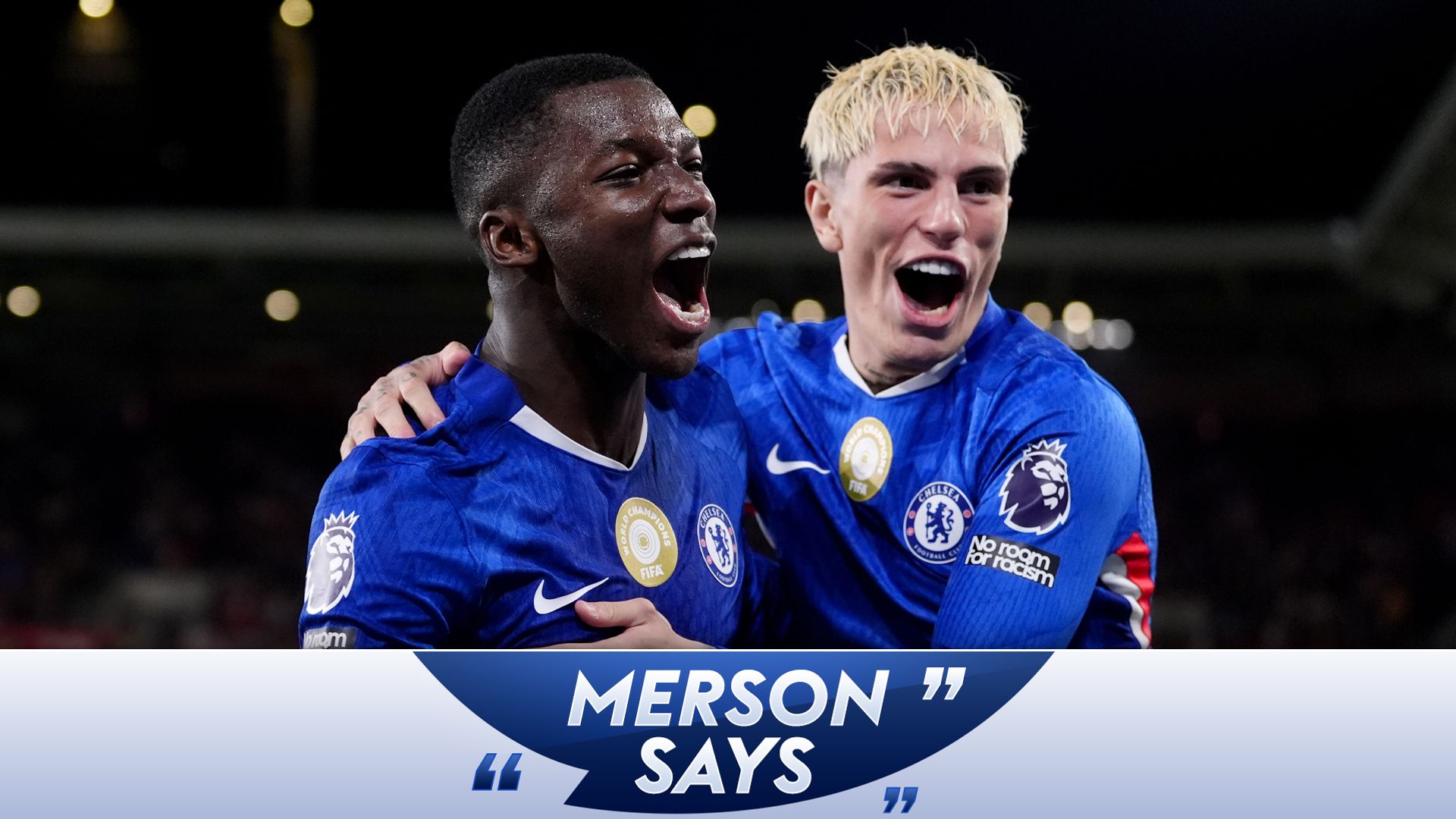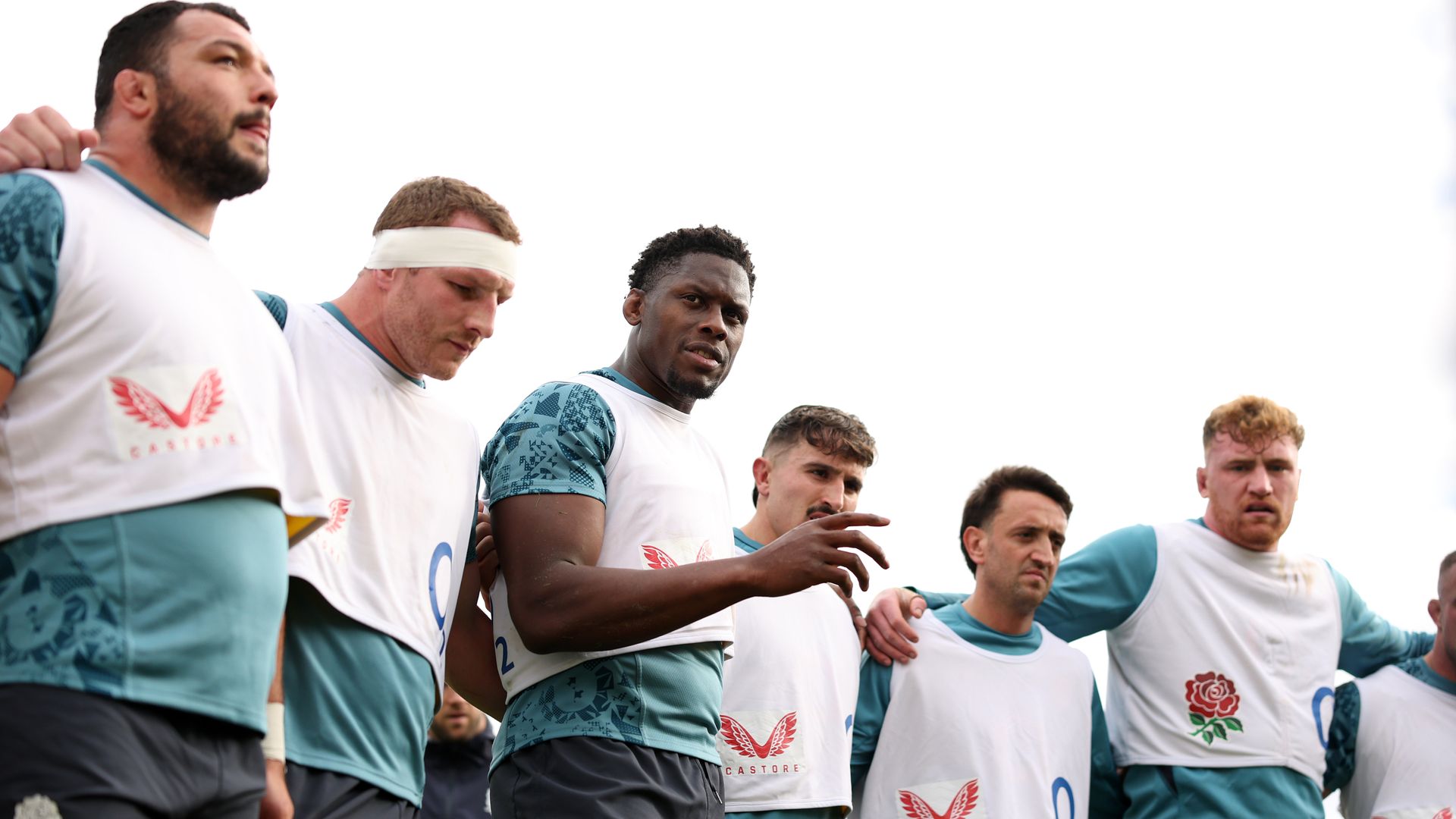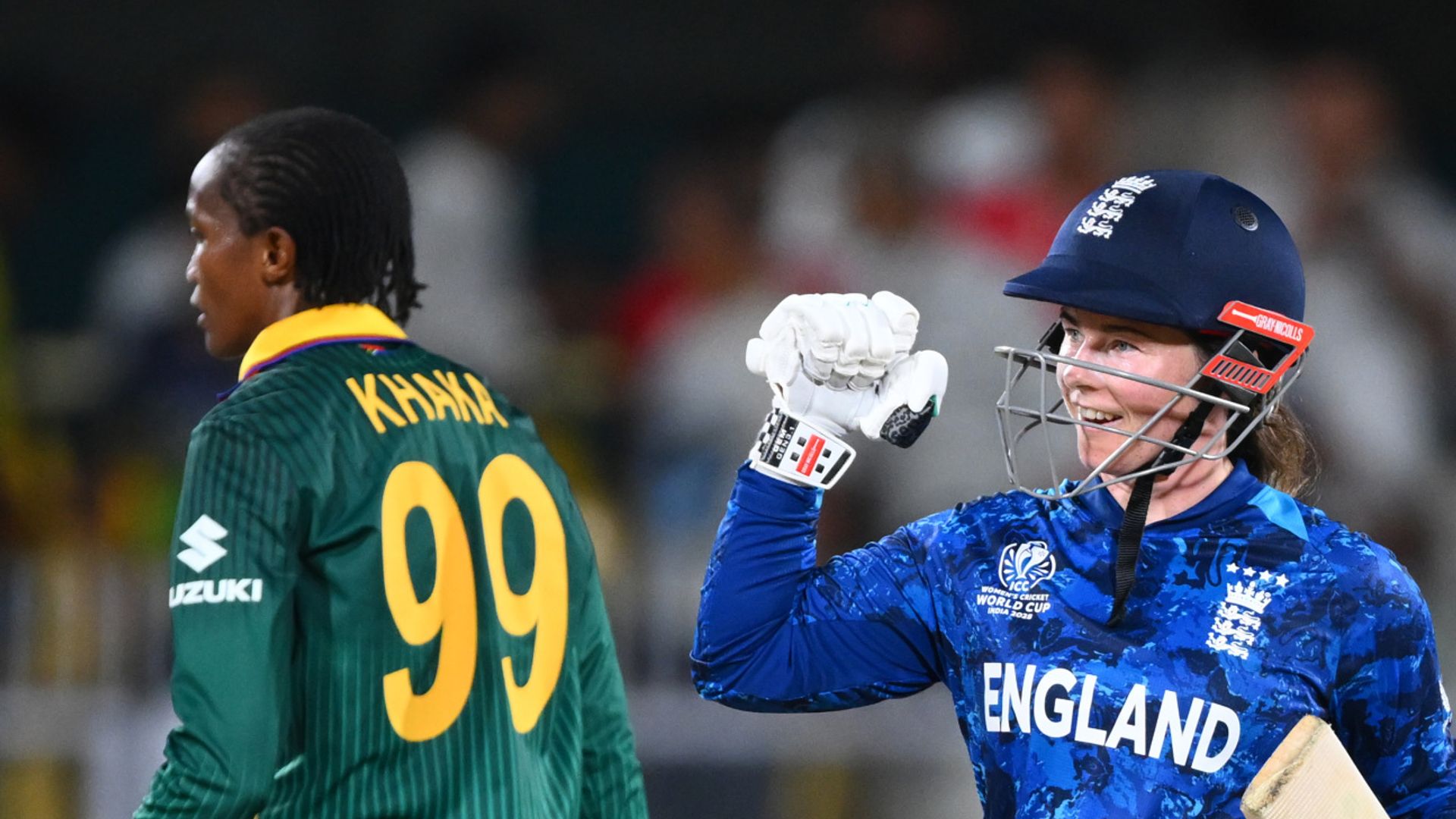Chelsea’s Ambivalence: A Team That Plays Like a Politician in Power, Yet Lacks the Will to Win the Premier League Titles It Craves
Paul Merson’s recent comments about Chelsea’s approach to the Premier League have ignited a firestorm of debate among fans and pundits alike. He has publicly questioned the club’s genuine desire to win the league, suggesting that their current transfer strategy is misaligned with the ambitions necessary to secure top honors in English football. This critique reflects deeper themes surrounding the identity and trajectory of Chelsea Football Club, especially in an era where ambition seems to clash with tactical decisions and financial strategies.
Chelsea, a club that has historically been a titan in the Premier League, has undergone significant changes in the last few years. Once a club synonymous with success, particularly after the Roman Abramovich era, Chelsea has seen fluctuations in performance, managerial turnover, and, most notably, an ever-evolving transfer policy. The club’s strategy has shifted from one of acquiring proven talents to a more speculative approach, investing heavily in young players with potential. This pivot raises critical questions about the club’s focus: are they building for the future or merely treading water in the present?
The notion of Chelsea as a “rollercoaster” encapsulates the emotional journey of its supporters. At the height of their success, the club was a formidable force, clinching multiple Premier League titles and domestic trophies. However, recent seasons have been marked by inconsistency and disappointment, leading fans to wonder whether the club is genuinely committed to returning to the summit of English football or if they are satisfied with mediocrity.
Merson’s assertion that the current transfer strategy will not yield league titles prompts a closer examination of the club’s recruitment philosophy. The influx of young talent, while promising and potentially beneficial in the long term, raises immediate concerns about experience and cohesiveness within the squad. In football, youth can sometimes be a double-edged sword; while fresh talent offers vibrancy and energy, it often lacks the resilience and tactical awareness that seasoned players bring to high-pressure situations, especially in a league as fiercely competitive as the Premier League.
Critics of Chelsea’s current strategy argue that a winning mentality is cultivated through a blend of experience and youth. Clubs that have successfully maintained dominance in the Premier League—such as Manchester City and Liverpool—have built their squads not only through young prospects but also by ensuring that established players anchor their teams. This balance fosters a culture of winning, something Chelsea appears to be struggling with at the moment.
Financially, Chelsea remains one of the wealthiest clubs in the world, capable of attracting top talent. However, the ramifications of their spending approach have drawn scrutiny. The strategy of investing in young players, while financially cautious and contingent on potential future profits, must be weighed against the immediate needs of the squad. Stakeholders, including fans and analysts, are increasingly vocal about the need for a clearer vision that prioritizes short-term success alongside long-term planning.
Moreover, Merson’s comments resonate amid a broader discourse surrounding the pressures of modern football. In an era where instant gratification is the norm, the expectation for clubs to remain competitive is higher than ever. Chelsea’s ability to navigate this landscape, balancing their historical identity with contemporary demands, is crucial. The club faces a unique challenge: how to honor its rich legacy while adapting to a rapidly changing football environment.
As Chelsea seeks to chart a course forward, the questions raised by Merson will continue to loom large. Does the club genuinely aspire to reclaim its status at the top of English football, or has it accepted a life of sporadic success? The answers to these questions will not only shape the future of Chelsea FC but may also redefine the club’s relationship with its fanbase, the community, and its place in the ever-evolving landscape of Premier League football.
With the transfer market remaining a pivotal battleground, Chelsea’s next moves will be crucial. A carefully considered approach that blends signings of established players with promising young talent could provide the stability and leadership necessary to mount a serious challenge for the Premier League title. However, failure to address these concerns could further alienate supporters and perpetuate a cycle of uncertainty. As the season unfolds, the spotlight will remain firmly on Chelsea—the question is whether they will rise to the occasion or continue to be a team defined by its inconsistency. The stakes have never been higher, and the future direction of the club hangs in the balance.




